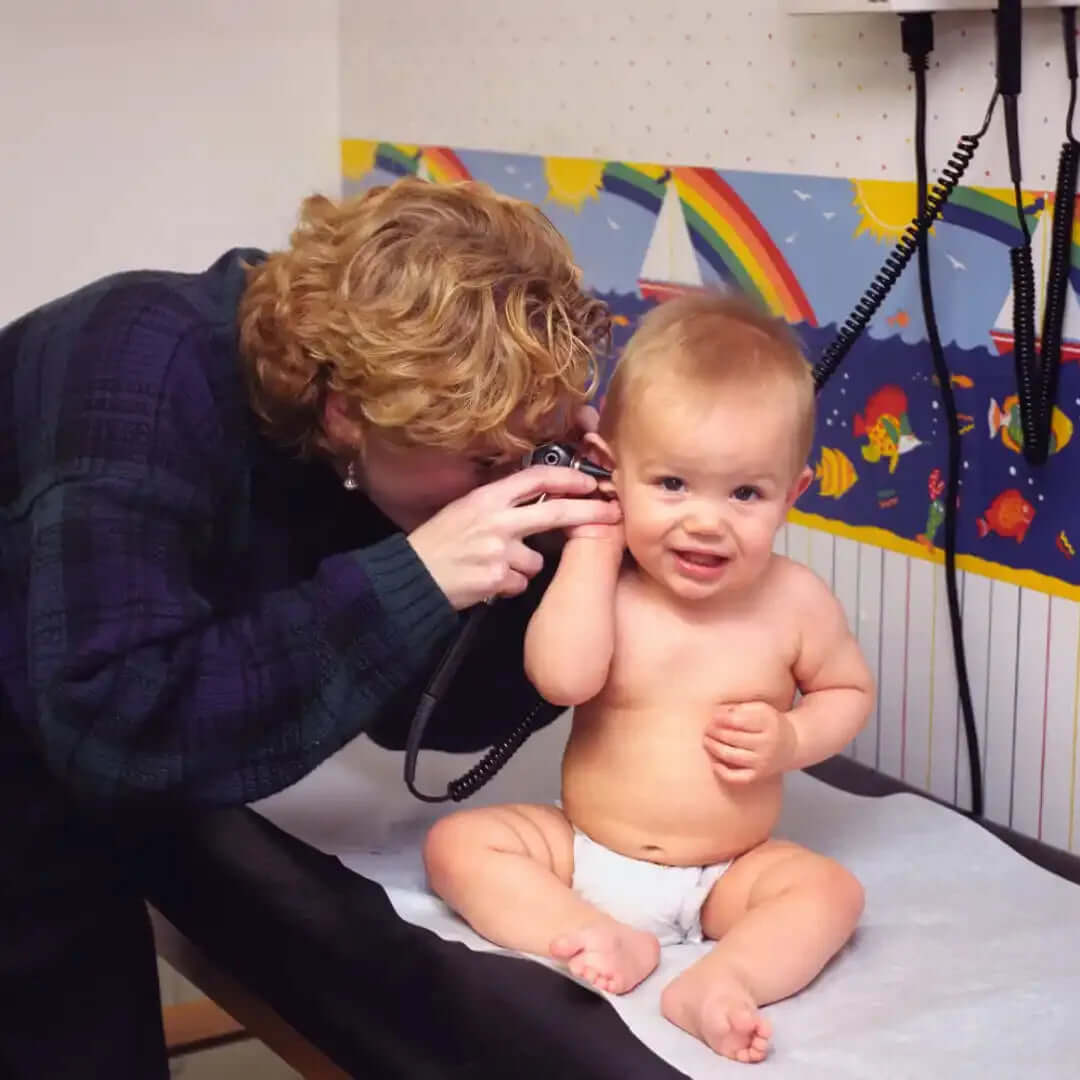Each year, thousands of children are hospitalized due to severe drug reactions (ADRs). This can be dangerous for the child, scary for the parent or caregiver, and unnerving to the hospital staff. In addition to the stress and medical issues, healthcare costs associated with ADRs are in the billions each year.
Most people have genetic variants (mutations) that affect how they handle medication. There is a field of precision medicine called pharmacogenomics, or pharmacogenetics, that studies how your genes affect the way your body responds to medications. Differences in these genes can be the reason why some people benefit from medicine and others are allergic or have a poor reaction.
Fore Genomics is a resource to eliminate the unknown. It is a genetic test that can tell you how your child may react to certain medications. Genetic testing is being used in hospitals and medical centers nationwide to direct personalized patient care.
The Burden of Medication Reactions
Reactions to medications are very common, especially in children. Studies show that nearly 7% of hospitalized patients have experienced a serious drug reaction. The symptoms of ADRs vary but can be dangerous. Most drug allergies cause minor skin rashes and hives. This can occur right away or hours after taking a medication. More severe symptoms can include:
- Itching skin or eyes
- Swelling of lips, tongue, or face
- Wheezing
- Bleeding
- Dizziness
- Fainting
- Abdominal pain or cramping
- Confusion
- Difficulty breathing
- Rapid pulse
- Anaphylaxis or death
In the United States, it is reported that two million people have serious side effects from medications every year, and 100,000 of those result in death. The medical costs associated with adverse drug reactions are enormous at $136 billion annually.
In children, the statistics are grim:
- 9% of all pediatric hospital patients experience an ADR during their stay
- Nearly 10% of pediatric hospital admissions are due to ADRs
- 40% of ADRs that occur in hospitalized children are potentially life-threatening
- The most common age to experience an ADR are babies and toddlers under the age of 4
The United States does not have a standardized surveillance system to report ADRs, and not all parents and patients know how to recognize one, so the true numbers may be much higher. What we do know is that adverse medication reactions in children are common occurrences, presenting a heavy burden to the patient, the family, and the healthcare system as a whole.
The Pharmacogenetic Solution
Pharmacogenetic (PGx) testing provides information about your child’s specific genes to help medical providers choose the medicine and dosage that will work best for them. PGx testing is precision medicine - individualized healthcare for your child alone, based on their specific genes, environment, and lifestyle. PGx testing looks at how your child’s body may respond to certain medications, and the information gained helps direct disease treatment and prevention.
PGx testing with Fore Genomics uses a simple cheek swab done at home. The cells are then used to sequence your child’s entire genome - all of the DNA in their cells. Fore Genomics checks for over forty medications and retests every year as new medications are linked to genes.Fore Genomics provides answers to the following questions:
- Is this medication likely to cause an adverse reaction?
- Will this medication be effective?
- What dosage is most appropriate?
- What side effects may occur?
- Should the doctor prescribe a different medication?
Genetic testing through Fore Genomics looks at each individual’s unique genetic variants and mutations. Some of these variants affect how a medication is used in the body, which can alter the course of treatment. Not only can this decrease or eliminate ADRs, but it can optimize drug therapy and save the patient money, time, and stress. Research has shown that nearly all of us - 98% - carry at least one variant that affects possible medications. PGx testing provides answers and peace of mind.
Current Work in Pharmacogenetics
PGx testing is being used in hospitals and medical clinics right now, with more health centers adopting it each year. At this time, there are two approaches in use. Preemptive testing is being done for possible future medication considerations and reactive screenings are being done at the time that a high-risk medication is prescribed for a patient. Prevention of ADRs is happening right now because of products like Fore Genomics.
Studies coming out of the United States and the United Kingdom show that medical providers are using PGx recommendations when prescribing medicine for over 60% of patients in some primary care centers. A Dutch study showed that PGx data has helped medical providers adjust medications prescribed for 1 out of every 19 new prescriptions in primary care settings.
Most prescribing of medication happens in primary care settings. Unfortunately, many primary care providers are not trained in PGx testing and do not know how to interpret the results of the tests. Using Fore Genomics allows patients to learn for themselves, through the help of trained genetic counselors. That information can then be shared with your child’s doctor.
Summary
With so many children experiencing ADRs, giving your child medication can make you worry. But with Fore Genomics, your child’s individual response to a drug can be predicted by their genetic profile, resulting in treatment that is safer, more effective, and less expensive. Predicting severe ADRs is a top priority for pharmacogenomic research, which means the medications available to test will only grow, year by year.
There are many drugs often implicated in ADRs that already have pharmacogenetic guidelines in place. More are being discovered all the time. Individualized precision medicine is the future of healthcare, and genetic testing with Fore Genomics is at the forefront of clinical innovation, providing a safer, healthier future for your child.



